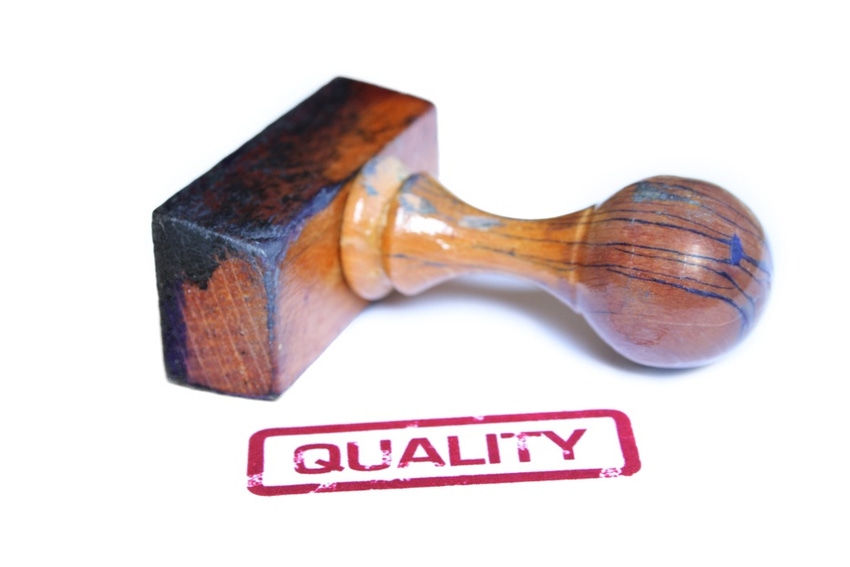Content Spotlight
Podcast: MilliporeSigma says education vital to creating unbreakable chain for sustainability
MilliporeSigma discusses the importance of people, education, and the benefits of embracing discomfort to bolster sustainability efforts.
November 1, 2021

Drug quality control labs of the future will need to be more closely integrated with manufacturing operations and make greater use of data management tech and automation, says an industry expert.
Quality control is a vital part of ensuring drugs are safe, effective and can be produced consistently.
However, despite understanding this importance, manufacturers have often focused on improving manufacturing processes rather than QC labs according to Steve Muller from Bristol Myers Squibb (BMS), who says firm’s looking to digitize operations need to make sure their labs are digital-ready.

Image: Stock Photo Secrets
“The reality is that quality control labs have fallen behind the digital enablement of the manufacturing environment,” according to Muller, who said the mismatch has hindered industry’s ability to reduce testing lead times.
“Test execution may not be automated, partly because lab equipment may face limitations to be controlled digitally. Data may not be captured or shared automatically or consistently making it potentially difficult to use analytics to optimize outcomes.
He told BPI East delegates in September the lack of lab digitization also impacts staff. “Technicians may use non-integrated systems they may not be guided or assisted by technology. What does that cause? Human errors. Human errors lead to defects which then lead to repetition of these tasks.”
“And finally, when we look at the digital future, we look at a level of digital integration that doesn’t exist today. When we talk about the lab of the future in today’s context, we talk about offline testing – you’re removing material from the manufacturing equipment and putting it into the laboratory, so it may not be integrated with manufacturing.”
To try and address this, in 2020 Biophorum developed a manifesto of digital capabilities for the quality control lab of the future to provide industry with a blueprint which, Muller says, aims to help labs understand the business capabilities they need as biopharma enters the digital age.
“When we talk about these business capabilities, we talk about supply management. Supply management is needed to perform the [QC] testing. Automated testing is where we would like to be in the future. And then test output management. While testing is very important, it’s really the information derived that is so vital.”
Realizing these capabilities involves having the right “enabling dimensions” Muller said, citing areas like system interoperability, IT infrastructure and staff training and culture as examples.
“My recommendation is that you take a look at your QC strategy in the context of the [Biophorum] manifesto,” he said, explaining that BMS had benefitted from the approach.
“We’ve had some significant achievements. We have a mature laboratory and QC application stack. We’ve digitalized a significant number of business processes and capabilities and I would estimate that we cover over 95% of all business requirements.
“But we’re not living in the lab of the future either,” Muller continued, citing issues with “unintuitive” user interfaces and problems integrating systems and the need to maintain master data in multiple systems as hurdles the firm still needs to overcome.
To try and address these issues, BMS is piloting an automated QC lab scheduling system Muller said. “It’s a multi-year project to optimize labs and provide additional business insights and real-time performance analysis.
“One of the advantages of this system is that we are getting real-time information from all the systems that are being used to accurately measure turnaround time – it’s not something that is being reported by the user or something that is being researched.
The firm also plans to look at a next generation Laboratory Information Management system (LIMS) to reduce user training and the time spent navigating multiple systems.
“The next generation LIMS might not be a LIMS. We really need to look at how we are using the data and how we can maximize access to the data and understanding of that data.”
You May Also Like